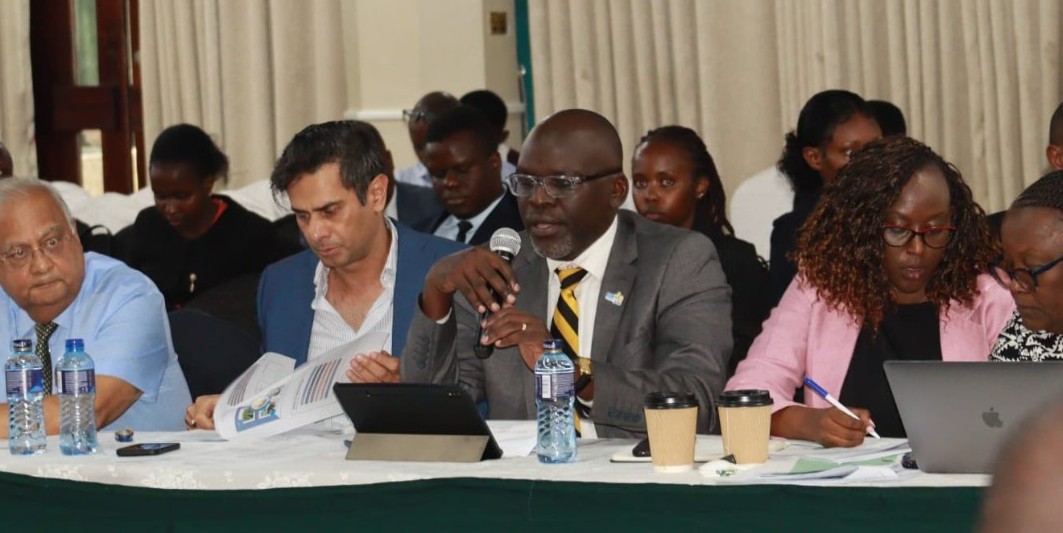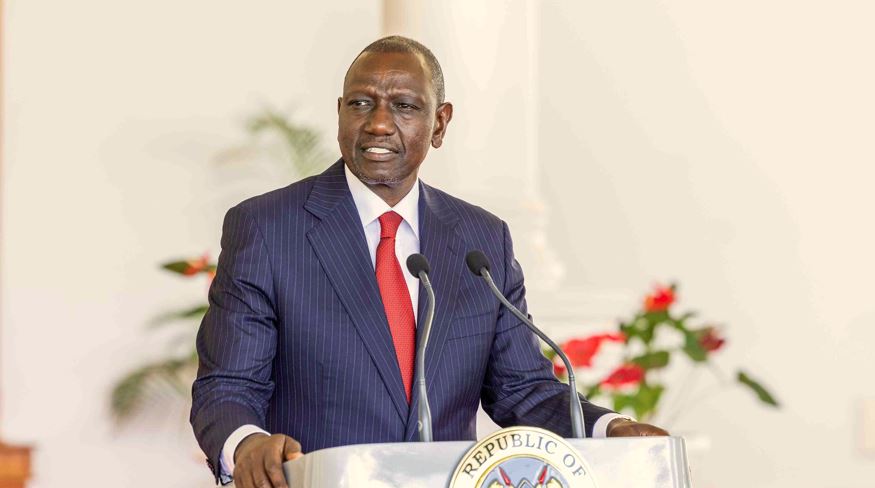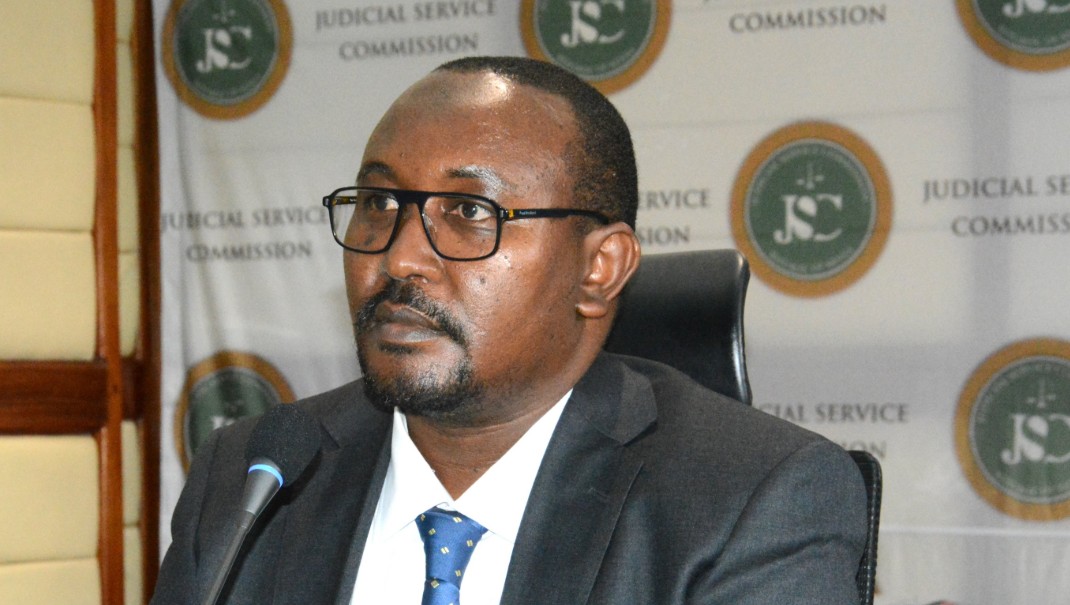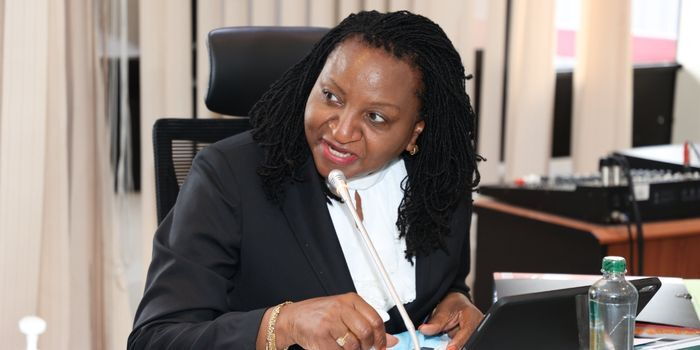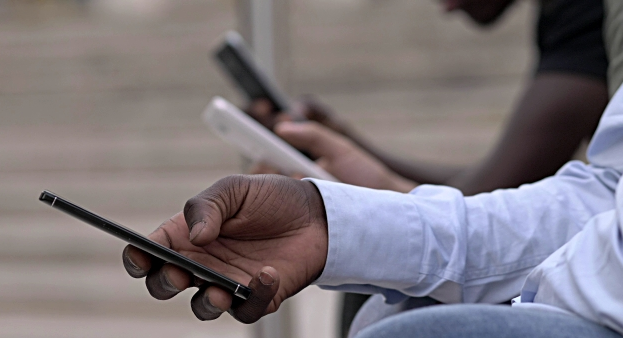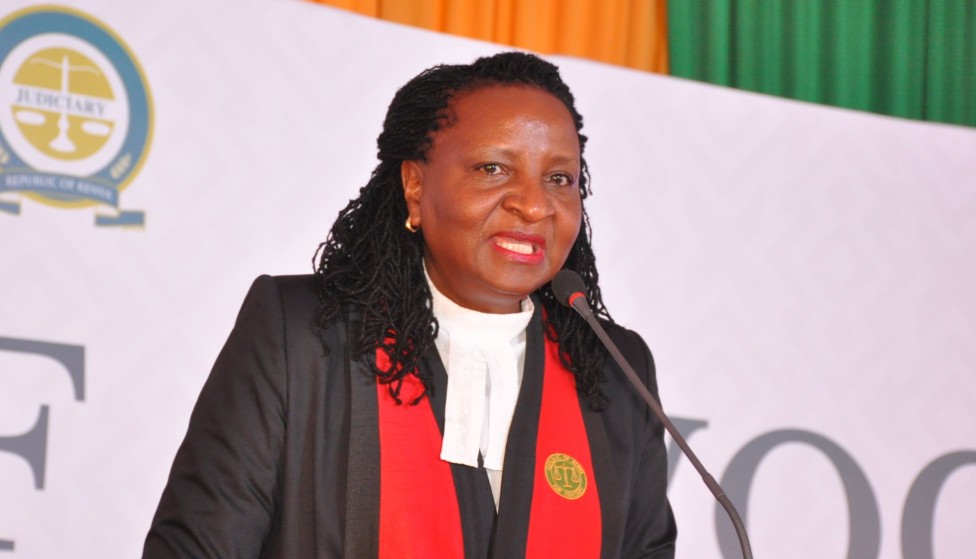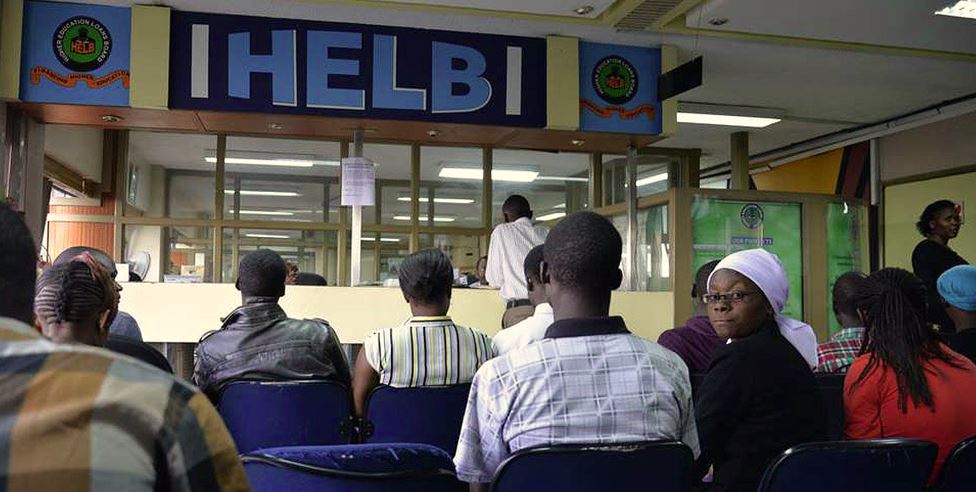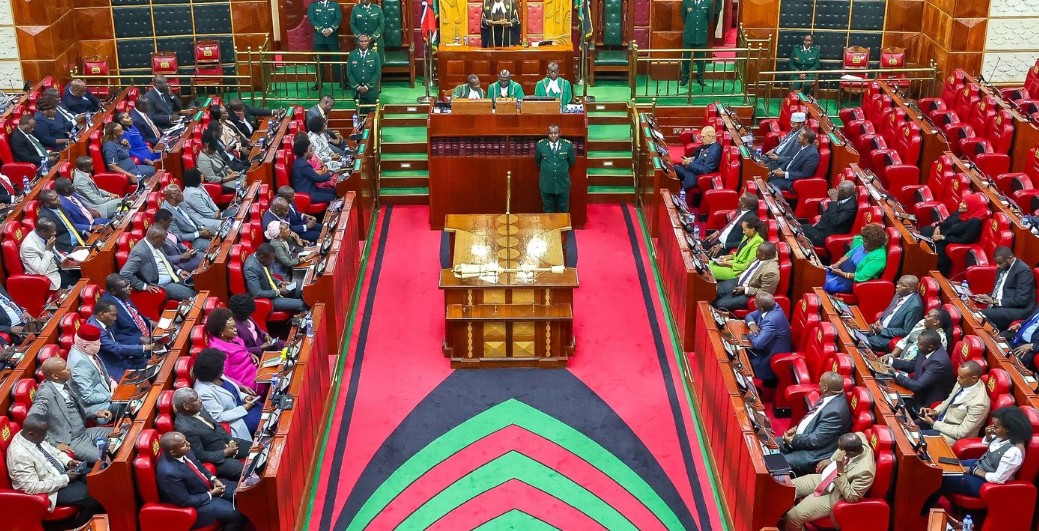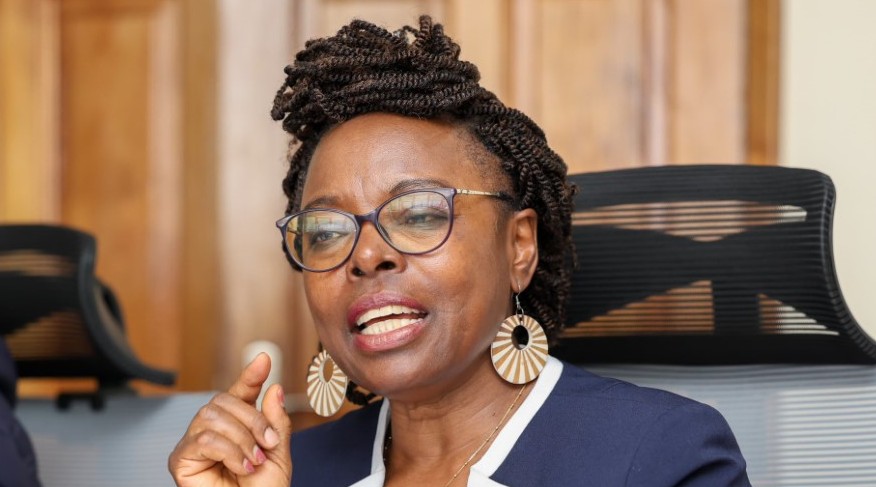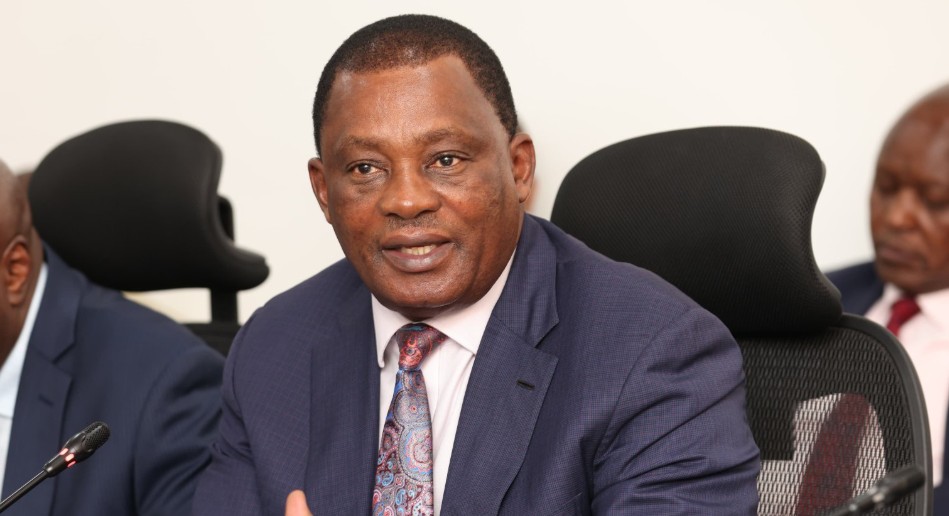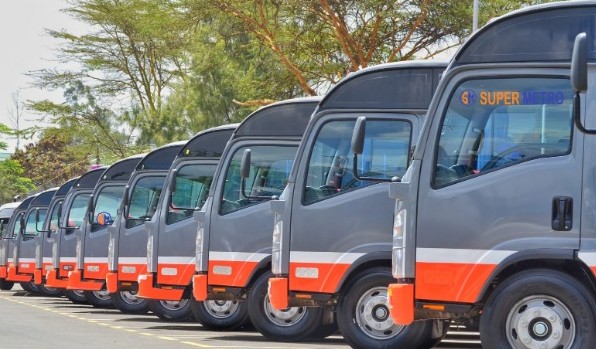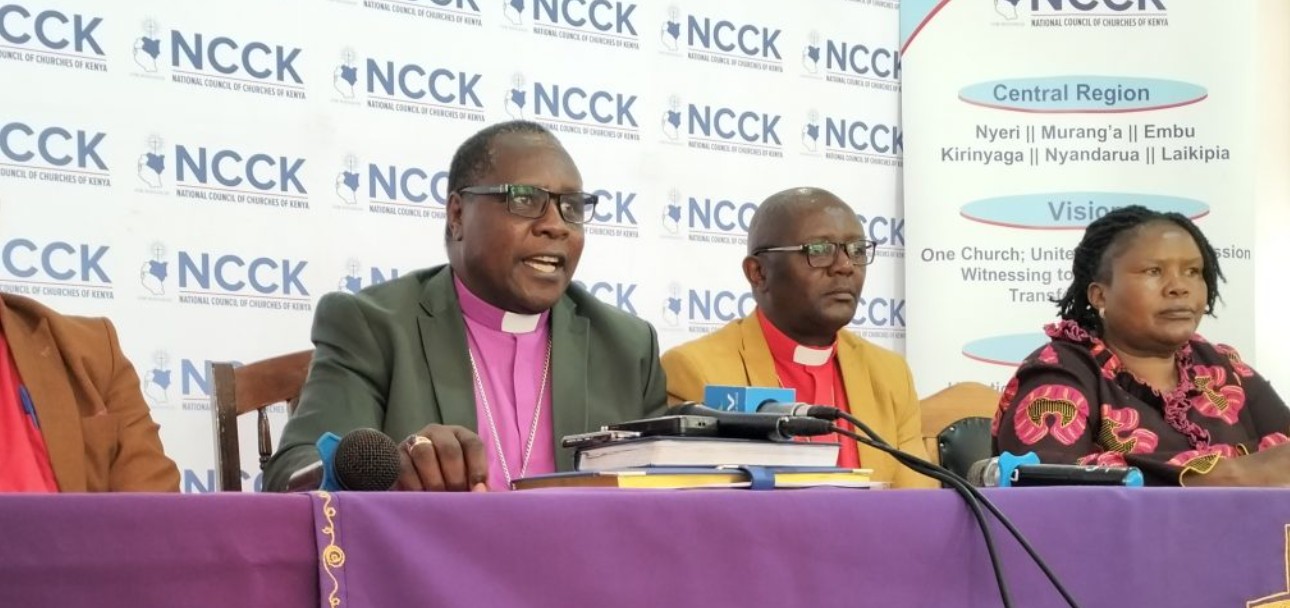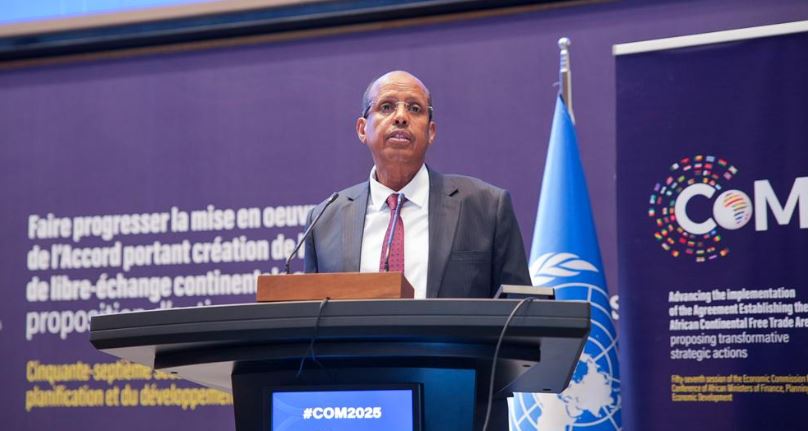Women's hopes dim as Parliament pushes back on top-up seats proposal
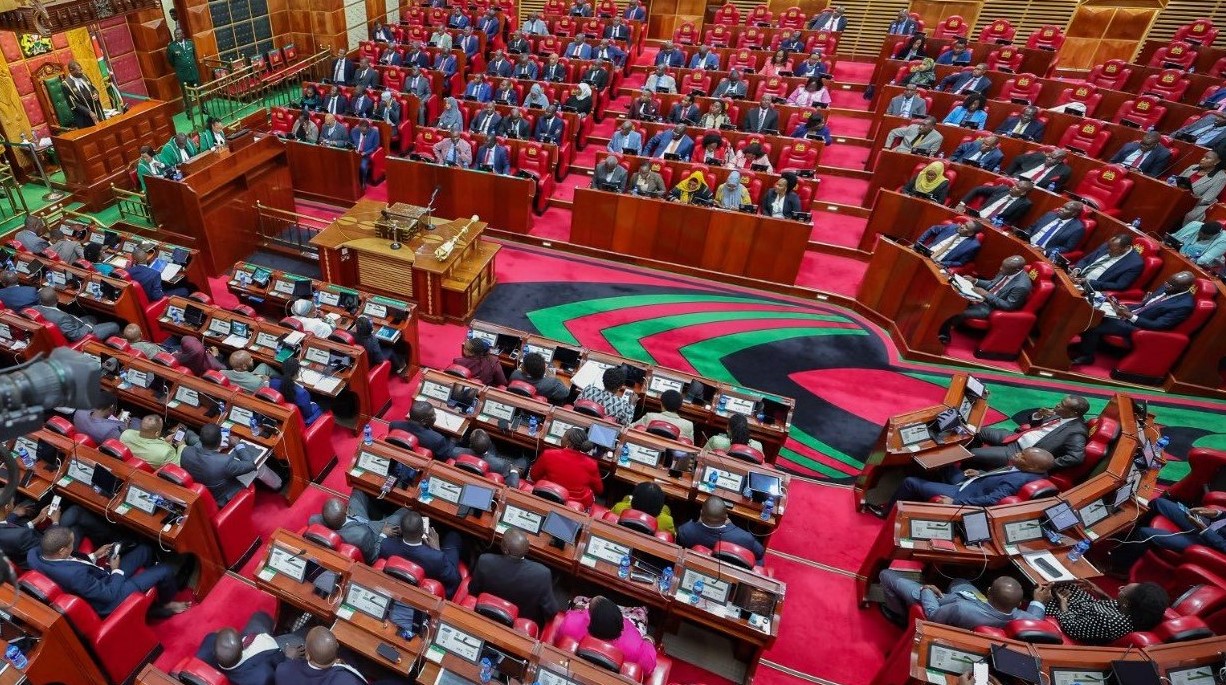
Former CJ David Maraga even advised former President Uhuru Kenyatta to dissolve the 12th Parliament for noncompliance with gender laws.
The push for gender equality in Kenya has suffered a setback as Members of Parliament now propose delaying the implementation of a top-up plan aimed at enhancing women's representation.
This proposal arose from the National Dialogue Committee's taskforce, which recommended that the top-up to meet the two-thirds gender rule be enacted in the current Parliament.
More To Read
The proposed constitutional amendments to Articles 97 and 98 aimed to ensure that no more than two-thirds of MPs are of the same gender.
The taskforce suggested that when elections fall short of achieving this balance, political parties should fill additional special seats to meet the requirement.
They urged the Independent Electoral and Boundaries Commission (IEBC) to enforce this new law immediately, which could have resulted in at least 53 additional members in the National Assembly and two in the Senate.
However, the National Assembly's Justice and Legal Affairs Committee (JLAC) has deemed this immediate implementation "overly ambitious".
"The proposal would pose significant implementation challenges during the term of the current Parliament," the committee noted.
Led by Tharaka MP Gitonga Murugara, the committee suggested that it would be more practical to consider these changes after the current parliamentary term ends.
Rarieda MP Otiende Amollo added that the proposed changes could necessitate a referendum.
"It indirectly affects the functions of Parliament by enlarging the membership of the two Houses through top-up seats," he said.
The committee's recommendation, pending further discussion in Parliament, could dash the aspirations of many women who were looking to secure these additional seats.
The taskforce, appointed by former Gender and Public Service Cabinet Secretary Aisha Jumwa, advocated for a proportional nomination of MPs to the National Assembly and Senate.
Currently, the National Assembly consists of 268 men and only 81 women, translating to 76.8 per cent male representation.
The Senate has 46 men and 23 women, indicating that two more women are needed to meet the gender principle.
The taskforce proposed a "zebra party list" system to ensure that after each election, any missing gender representation would be filled.
If no women are elected, they projected that 104 women could be nominated to the National Assembly and seven to the Senate.
This would expand the National Assembly to 453 members and the Senate to 74, resulting in a significant increase in the wage bill.
Should the gender top-ups be approved, the salary costs (excluding allowances) would rise from Sh832 million to Sh906 million for the 453 MPs.
MPs also receive benefits such as car loans, mortgages, and comprehensive health coverage for their families, which have raised concerns about the efficiency of public spending.
The team led by Daisy Amadany and PS Anne Wang’ombe explored ten potential scenarios before concluding that a top-up was the most viable solution.
The struggle to implement the two-thirds gender rule has been ongoing, impacting not only women but also people with disabilities, youth, marginalised groups, and minorities.
Despite previous attempts, Parliament has yet to enforce this rule.
Former Chief Justice David Maraga even advised former President Uhuru Kenyatta to dissolve the 12th Parliament due to its noncompliance with gender laws.
Various alternatives have been considered, including increasing the number of women MP seats or adopting a proportional increase in representation.
Top Stories Today
